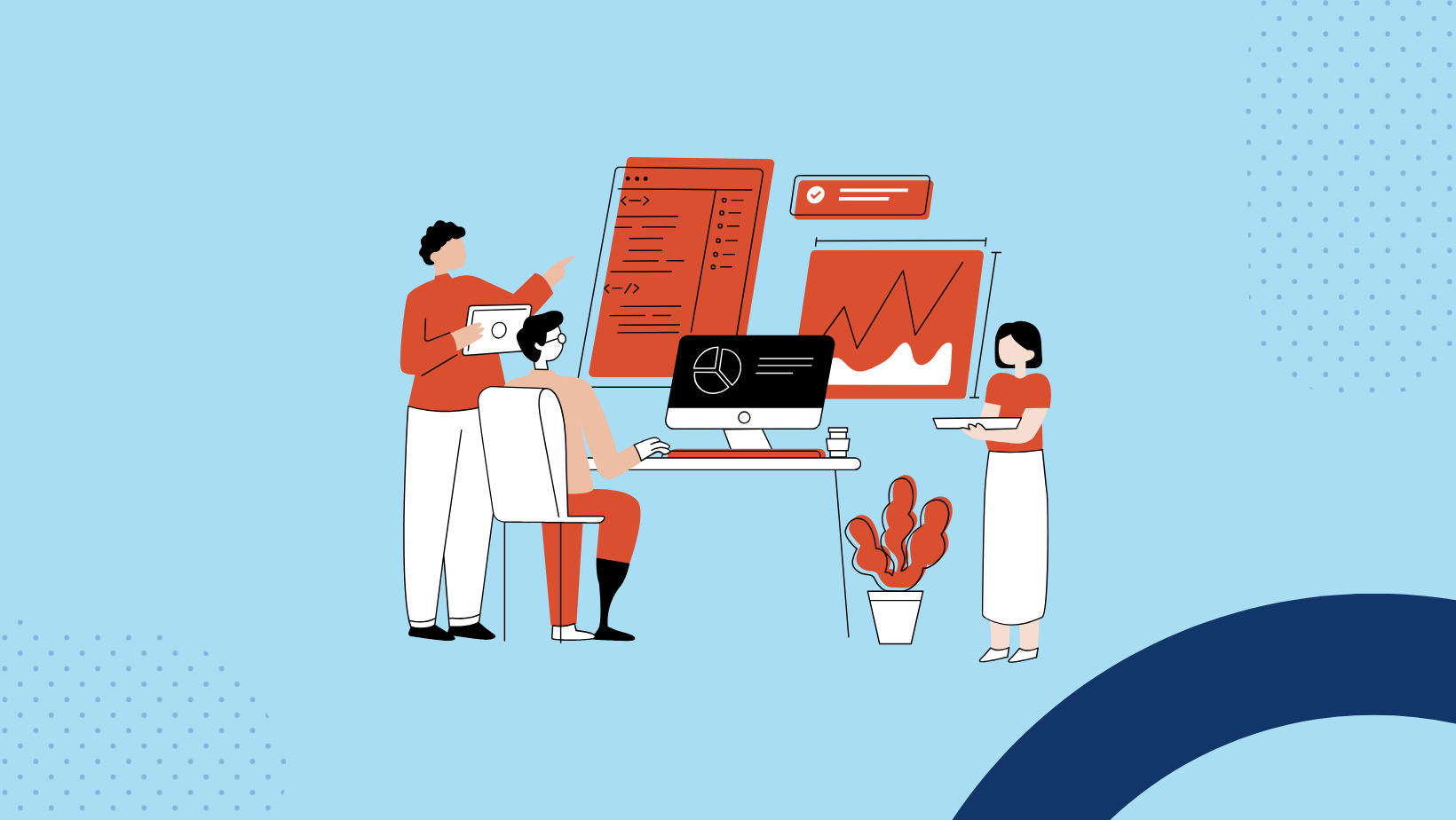The legal profession is known for being high-stress, with long hours, demanding clients, and high-stakes cases. As a lawyer, managing stress is essential for maintaining your physical and mental health, as well as your job performance and overall well-being.
In this article, we’ll explore common stressors in law firms, the negative effects of stress on lawyers, and provide practical tips for managing stress in your legal career. We’ll also discuss the importance of finding ways to reduce your workload and streamline your tasks so that you can focus on your clients and prioritize your well-being.
One way to do this is by utilizing technology and tools, such as case management software and related resources. However, our focus is on providing valuable information and practical tips, rather than selling products or services.
By the end of this article, you’ll have a better understanding of the causes and effects of stress in the legal profession, as well as actionable strategies for managing stress and achieving a better work-life balance.
Common Factors That Cause Stress for Lawyers
Working as a lawyer can be a demanding and stressful profession, and there are several factors that contribute to this stress. If you work in a law firm, you might be familiar with these common stressors:
Long hours and heavy workloads: Lawyers are often expected to work long hours, including weekends and holidays, to meet deadlines and complete tasks on time.
These heavy workloads can also be a contributing factor to stress, as attorneys may feel overwhelmed by the amount of work they have to do and the limited amount of time they have to do it.
High-stakes cases and client demands: As a result of frequently working on high-stakes cases with significant repercussions for their clients, lawyers are susceptible to experiencing elevated levels of pressure and tension.
Demands from clients can be stressful, too, because lawyers may feel pushed to meet their clients’ needs and get good results.
Image source: ipleaders
Competitive work environment and billable hour requirements: Law firms can be competitive work environments, with lawyers vying for promotions, bonuses, and other incentives.
Billable hour requirements, which require lawyers to bill a certain number of hours per year, can also be stressful, as lawyers may feel pressured to bill more hours than they can realistically handle.
Isolation and lack of work-life balance: Lawyers often work long hours and spend a lot of time at their desks, which can lead to feelings of isolation and loneliness.
A lack of work-life balance can also contribute to stress, as lawyers may feel like they have little time for their personal lives and hobbies outside of work.
What are Some of the Effects of Stress on Lawyers?
Mental and emotional impact
- Anxiety, depression, and burnout: Lawyers who experience high levels of stress may be more prone to anxiety and depression, which can impact their mental health and overall well-being. Burnout, which is characterized by emotional exhaustion, cynicism, and reduced efficacy, is also a common consequence of chronic stress.
- Substance abuse and addiction: Lawyers may turn to drugs or alcohol as a coping mechanism for stress, which can lead to addiction and other health problems.
- Relationship problems and social isolation: High stress levels can impact personal relationships, as lawyers may struggle to find time for their friends and family, or may become irritable and withdrawn.
Physical impact
- Cardiovascular disease and other health issues: Chronic stress has been linked to an increased risk of cardiovascular disease, as well as other health problems such as obesity, diabetes, and hypertension.
- Sleep disturbances and fatigue: Lawyers who experience high levels of stress may have difficulty sleeping, which can lead to fatigue, irritability, and reduced cognitive functioning.
- Weakened immune system and increased illness: Chronic stress can weaken the immune system, making lawyers more susceptible to illness and infection.
It’s important for lawyers to take steps to manage their stress and prioritize their mental and physical health. Here are some practical tips to manage stress as a lawyer.
10 Practical Tips for Managing Stress as a Lawyer
- Exercise regularly and eat a balanced diet: Regular exercise and healthy eating habits can help to reduce stress levels and improve your overall well-being.
- Get enough sleep and practice good sleep hygiene: Getting enough restful sleep is essential for managing stress and maintaining good physical and mental health.
- Take breaks and practice mindfulness or meditation: Taking short breaks throughout the day and practicing mindfulness or meditation can help to reduce stress and improve focus and productivity.
- Connect with colleagues and mentors: Building supportive relationships with colleagues and mentors can provide a valuable source of emotional support and guidance.
- Seek therapy or counseling as needed: Seeking professional help from a therapist or counselor can provide valuable support and resources for managing stress and mental health issues.
- Join professional organizations or networking groups: Participating in professional organizations or networking groups can provide opportunities for connection, learning, and support from peers in your field.
- Utilize case management software for lawyers: Technology tools like case management software and client portal software can streamline tasks and reduce workload, reducing stress and improving efficiency.
- Invest in time tracking software for lawyers: Time tracking software can help you better manage your time and avoid burnout by identifying areas where you may be spending too much time on non-essential tasks.
- Outsource non-essential tasks or delegate to others: Delegating tasks to others or outsourcing non-essential tasks can help to reduce workload and free up time for more important tasks.
- Prioritize self-care and leisure activities: Prioritizing self-care and making time for hobbies and interests outside of work can help to reduce stress and maintain a healthy work-life balance.
Conclusion
In this article, we’ve explored the common stressors that lawyers face in law firms, the negative effects of stress on their mental and physical health, and provided 10 practical tips for managing stress as a lawyer.
We also discussed how technology and tools such as case management software, client portal software, and time tracking software can help lawyers streamline their tasks and reduce their workload, ultimately helping to reduce stress and improve efficiency.
As a lawyer, your job can be demanding and stressful, but it’s important to prioritize your well-being to avoid burnout and maintain your health and happiness. By implementing the tips and strategies we’ve discussed in this article, you can take control of your stress levels and improve your overall quality of life.
Additionally, Digitslaw offers case management and legal accounting software for lawyers that can help you streamline your work and reduce your workload, ultimately improving your efficiency and reducing your stress.
To learn more about how Digitslaw can help you, visit our website or contact us today.







